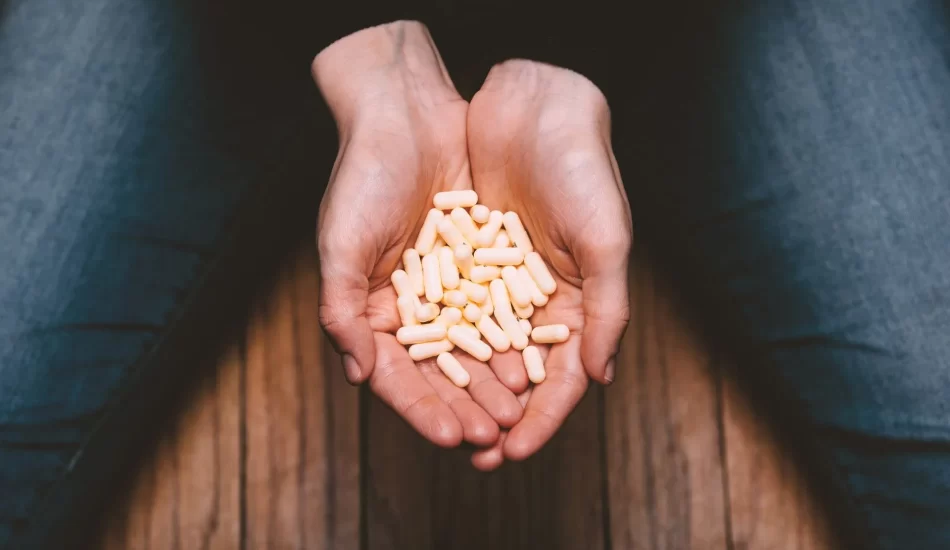Youth and Drug Crimes: Preventing the Cycle of Substance Abuse

The intersection of youth and drug crimes is a critical issue in societies worldwide. Young individuals face unique challenges and vulnerabilities that can lead them down a path of substance abuse and criminal activity. To break this cycle, it is imperative to implement effective prevention strategies that address the root causes of drug-related offenses among youth. In this article, we will explore the factors contributing to youth involvement in drug crimes, the consequences they face, and proactive measures to prevent substance abuse and its associated criminal behaviors.
Understanding the Nexus: Youth, Drugs, and Crime
Several factors contribute to the involvement of young individuals in drug-related offenses:
Peer Influence
Adolescents are highly influenced by their social circles. Pressure from peers to experiment with drugs can be significant, especially in environments where substance use is prevalent.
Family Environment
Dysfunctional family dynamics, parental substance abuse, or neglect can create an environment conducive to drug experimentation and criminal behavior among youth.
Socioeconomic Factors
Economic disparities, lack of access to education, and limited opportunities for personal growth can contribute to feelings of hopelessness, leading some young individuals to turn to drugs as a coping mechanism.
Mental Health Issues
Undiagnosed or untreated mental health disorders can lead young individuals to self-medicate with drugs, which can escalate into addiction and criminal activity.
Lack of Education and Awareness
Insufficient education about the risks and consequences of drug use may leave youth vulnerable to experimentation without fully understanding the potential repercussions.
The Vicious Cycle: Drug Crimes and Legal Consequences
Engaging in drug-related offenses can have severe legal consequences for young individuals. These may include:
Criminal Records
Convictions for drug crimes can result in a permanent criminal record, which can hinder future educational and employment opportunities.
Incarceration
Depending on the severity of the offense and jurisdiction, young offenders may face incarceration, which can disrupt their education and personal development.
Fines and Penalties
Monetary fines associated with drug-related offenses can place financial strain on youth and their families.
Probation and Supervision
Some young offenders may be placed on probation or under supervision, which can restrict their freedom and limit their ability to make positive life choices.
Impact on Educational Opportunities
Drug-related offenses can lead to suspension or expulsion from school, further limiting a young person’s chances of success.
Preventing the Cycle: Strategies for Intervention and Prevention
Preventing youth involvement in drug crimes requires a multifaceted approach that addresses the underlying causes and provides resources for positive growth and development. Here are some effective strategies:
Comprehensive Education Programs
Implement evidence-based drug education programs in schools that provide accurate information about the risks and consequences of drug use.
Early Intervention and Screening
Identify and address signs of substance abuse and mental health issues in young individuals early on, providing timely support and resources.
Mental Health Support
Ensure accessible and affordable mental health services for youth, addressing underlying issues that may contribute to substance abuse.
Community Engagement
Create safe spaces and community programs that offer positive alternatives and mentorship opportunities for young individuals.
Family Support and Education
Provide resources and support for families to strengthen bonds and address any issues that may contribute to substance abuse.
Access to Treatment and Rehabilitation Services
Ensure that youth have access to evidence-based treatment and rehabilitation programs that address their unique needs.
Restorative Justice Practices
Implement restorative justice programs that hold young offenders accountable while focusing on rehabilitation and community healing.
Youth Employment and Skill-Building Programs
Offer vocational training and employment opportunities that provide young individuals with a sense of purpose and self-worth.
Promote Resilience and Coping Skills
Equip youth with the tools to navigate challenges, cope with stress, and make positive decisions.
Holistic Approach to Policy
Advocate for policies that prioritize prevention, intervention, and rehabilitation over punitive measures for youth involved in drug-related offenses.
Empowering Youth for a Drug-Free Future
Preventing the cycle of substance abuse and drug crimes among youth requires a collective effort from communities, families, educators, healthcare providers, and policymakers. By addressing the underlying factors that contribute to drug-related offenses and providing young individuals with the support, education, and resources they need, we can empower them to make positive choices and build a brighter, drug-free future. Through these proactive measures, we can break the cycle and create opportunities for young individuals to thrive and contribute positively to society. Learn more about Jarrett Maillet J.D., P.C. to discover high-quality legal representation for juvenile drug crime charges.
Jarrett Maillet J.D., P.C.
210 E 31st St
Savannah, GA 31401
912-713-3426


